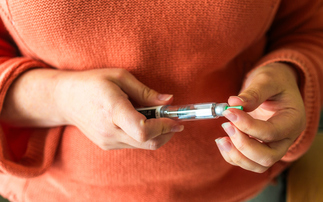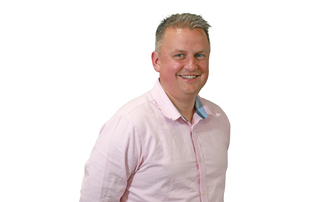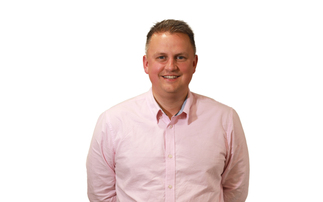Grameen Bank put Bangladeshi microfinance on the World stage when it was awarded the Nobel Peace Prize . Milvik (Bima Mobile) is making waves in Bangladeshi micro-insurance. Greg Becker explains
The idea of making money from the ‘bottom of the pyramid' has received some traction in recent times. A young parent on the breadline arguably needs life insurance even more than a richer person (they commonly have a greater likelihood of death at a young age and fewer savings), however demands on their limited means may not stretch to life insurance premiums.
Over time, as people increase their earnings, their needs change, and their ability to afford a wider range of products emerges. In this scenario introducing people to protection products in a simple way can be an investment in future customers.
Milvik (Bima Mobile) has partnered with Bangladesh's Pragati Life Insurance Limited and Robi - a mobile phone company - to launch an innovative life insurance offering - Bima life insurance .
The product that was launched is best described as a rider benefit, and has a structure that reduces mobile network churn. The user who signs up for the death benefit does so using an Unstructured Supplementary Service Data (USSD) protocol, which is used by GSM phones to communicate with the service provider's computers, during which their age, gender, identification number and the beneficiary's details are collected.
The user will not pay any premiums, and the death benefit they receive is a function of their recent mobile phone usage over the length of time that they have been a member of the scheme.
The benefit is paid on "death from all causes, accidental and natural (subject to the exclusions outlined in the policy contract electronically signed during registration), to a nominee of the subscriber's choice who is a direct relative". The benefit persists as long as a member spends BDT150 (about £1.15) on airtime in a month, and increases on a cumulative basis if they spend more than BDT 250 (about £1.90), and the sum assured can increase by as much as BDT8000 (about £61) in a single month.
The free death benefit is capped at BDT50,000 (about £385). With a majority Muslim population , Bima offers a General insurance and Islamic insurance (Takaful) version of the product.
Robi launched its mobile wallet offering in 2011, and a year later launched this mobile insurance offering which shows how swift the move from mobile banking into mobile insurance can be. The product was soft-launched in July 2012, with a full rollout in September 2012 using a large advertising campaign during the Cricket T20 World Cup.
Several thousand subscribers are signing up every day, and indications are that this benefit is popular. While it is too early to judge the benefits in terms of phone user retention and average revenue per customer figures, initial indications and data from other markets suggests that this will be substantial.
For many in the third world, insurance protection is a luxury good, where purchasing appropriate levels of security for one's family and loved ones is often an aspiration, while in our market, many see protection as a grudge purchase.
While this death benefit is a way of creating a society who value protection as a benefit, could this be used in the UK to show that getting protection can be quick and easy and doesn't have to be a grudge purchase?
Research by KPMG estimates that one-in-five people (almost five million individuals) earn less than the living wage (£8.55 in London and £7.45 in the rest of the UK). People earning less than this wage are candidates for micro-insurance products.
People paying National Insurance Contributions will receive a benefit, but this could easily be supplemented. With very high levels of mobile phone ownership , could this "free mobile phone related death benefit" be a valued benefit for certain market segments?
Replicating the Bangladeshi example is one possible business model, but lateral thinking could lead to another. When will we see smart underwriting for smart customers on smart phones? Can you can see a world where predictive underwriting models built on mobile phone user data coupled with innovative product designs reflecting the underwriting and likely lapse profile are available?
The "tele" in telephone, television and tele-underwriting refers to distance. Could these Bangladeshi ideas help put the word "sales" into the phrase "life insurance telesales"?
Greg Becker is product development actuary at RGA











